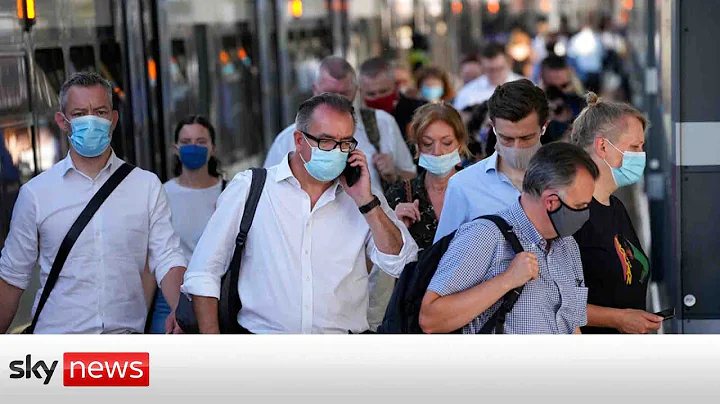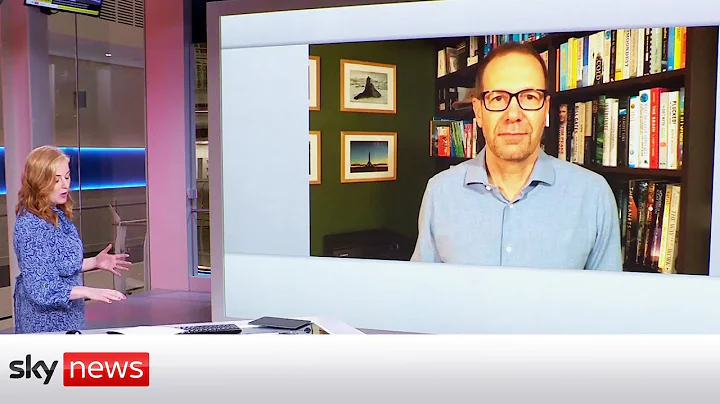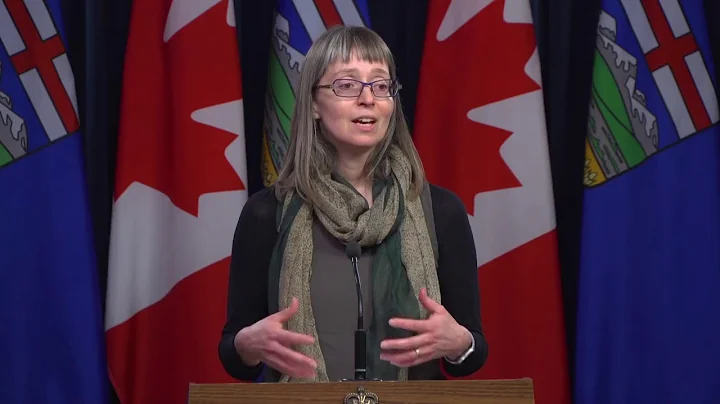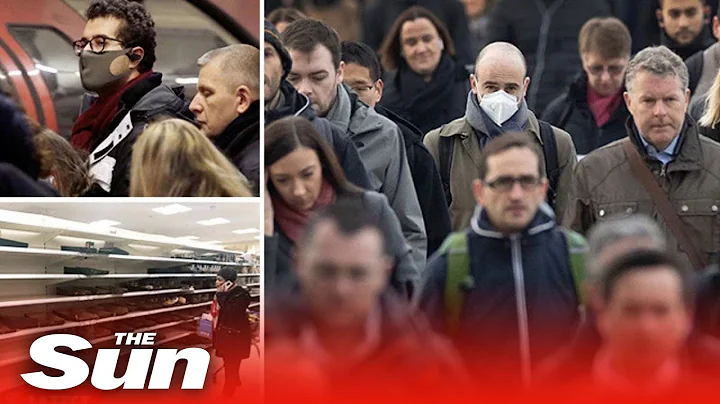Source: Global Times
[Global Times reporter Ji Shuangcheng Hao Shuangyan] According to Reuters 23 report, the number of new confirmed cases of new coronavirus pneumonia in the UK in the past seven days has reached the highest number of newly confirmed cases in a single week since late July. Although the medical community calls on the government to adopt stricter prevention and control measures, British Prime Minister Johnson has made it clear that he will not consider imposing a new round of blockade. As the epidemic rebounds, public opinion has become increasingly worried that the 26th Conference of the Parties (COP26) of the United Nations Framework Convention on Climate Change (COP26), which will be held in Glasgow, UK from the 31st, will be affected.

According to British government data, the country had 44,985 new cases of COVID-19 in a single day on the 23rd, a decrease from 49,298 cases the previous day. However, the number of new confirmed cases of COVID-19 in the country in the past seven days reached 333,465, which was 333,465. The previous week's increase was 15%, the highest number of new cases in a single week since July 21. The UK is one of the countries most severely affected by the COVID-19 epidemic in the world, with more than 8.73 million confirmed cases and more than 139,000 deaths so far.
The British Health and Safety Authority stated that the subtype variant AY.4.2 of the delta strain has become increasingly common in the UK in recent months and has been identified by the bureau as a "mutated virus under investigation" strain". The growth rate of AY.4.2 infections in the UK is higher compared to the Delta strain. Data show that since this subtype strain was first discovered in July this year to October 20, 15,120 people in England have been infected with this subtype strain.
According to the British "Independent" report, as the epidemic rebounds and medical needs increase, the pressure faced by public hospitals and medical staff is approaching "the limit." Trenholm, head of the Care Quality Commission, the UK's health service regulator, warned that public health services in England were facing a "tsunami of unmet demand". The report also quoted the head of the British government's epidemic modeling committee as warning that if the situation continues to worsen, public hospitals will have serious problems in a few weeks and their emergency services will be at dangerous levels.
"Why do the confirmed cases in the UK remain so high?" The British Broadcasting Corporation (BBC) analyzed that, first of all, compared with most other Western European countries, the UK lifted various epidemic prevention measures earlier. Starting in July, people across the UK You can go to nightclubs and other places and participate in gatherings with no upper limit on the number of people, while other countries are not unblocking so quickly. Secondly, the protective efficacy of vaccines is constantly fading. Studies have found that the vaccine's protective power against infection with the new coronavirus begins to decline significantly 5 to 6 months after vaccination. Thirdly, although the British started to vaccinate very early, the popularity of the vaccine has begun to slow down in recent months. Among countries with a population of more than 1 million, the proportion of the population that has been fully vaccinated with two doses of the vaccine has slipped to the top 10. outside. Finally, the UK is not doing enough to vaccinate its child population. The UK started vaccinating children aged 12 to 15 on September 20, but so far only 15% of children in this age group have received one dose.
According to the British " Guardian " report, although British medical and health professionals have called on the British government to shift to a more stringent "Plan B" for epidemic prevention, Johnson said on the 22nd that despite the high number of new coronavirus cases daily, However, the current epidemic situation is still roughly consistent with the government's prediction model , so we will continue to adhere to the current epidemic prevention strategy.
In order to deal with the possible surge in the number of cases this winter, British Health Secretary Javid announced last month the government's two epidemic prevention plans A and B for this autumn and winter. Plan A is mainly related to basic epidemic prevention points, including requiring people to be vaccinated as soon as possible and infected people to self-isolate. Plan B is mainly compulsory measures. If the epidemic situation becomes uncontrollable, the government can implement this plan. Measures in this plan include that local people may be required to work from home again, large indoor event venues such as nightclubs and bars will require consumers to provide vaccination certificates, and large outdoor events will be cancelled.
However, the British " Sun " reported on the 24th that the British government is already preparing for the implementation of "Plan B".Internal government documents obtained by the newspaper showed that the British Health and Safety Administration contacted the heads of local governments and health departments on the 22nd to solicit opinions on the "immediate implementation of winter plan B".
With the epidemic rebounding in the UK, more and more media are questioning whether the development of the epidemic in the UK and the government's epidemic prevention policies can be as expected by officials, or whether they will have more negative impacts on public events held there. On the 23rd, the European version of the American Political News Network quoted EU officials who will participate in COP26 as saying that in order to prevent the spread of the virus, the number of discussions attended by EU officials will be limited. During COP26, the EU will cancel its annual reception and issue social guidance. At the same time, the EU has reduced the number of participants by 20%-30%. If necessary, the EU will change all meetings to video conferences.
reported that all participating representatives are required to sign an epidemic code of conduct and undergo daily virus testing. Delegates from high-risk countries on the UK's "red list" will have to quarantine. At the same time, the British government will also provide vaccination services for unvaccinated representatives. "Daily Telegraph" quoted an observer as saying: "The difficulty of organizing a conference when the epidemic is raging is underestimated. I would not be surprised if half of us get sick."





















